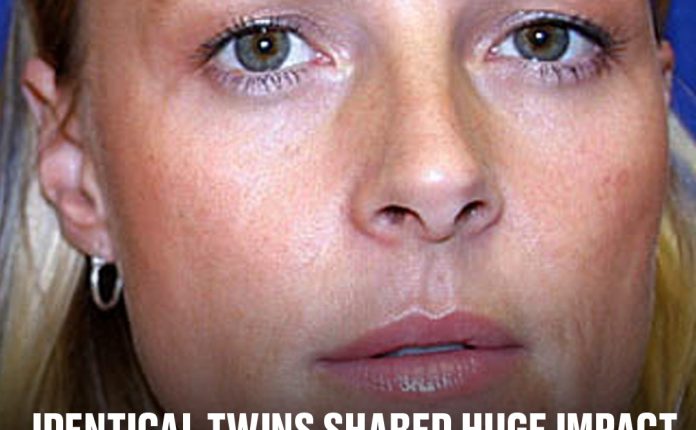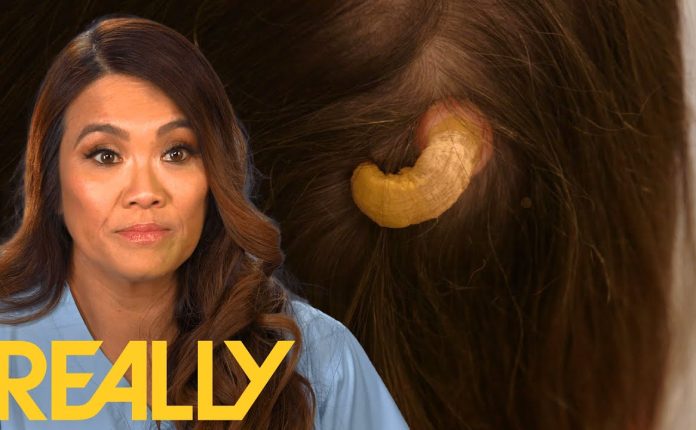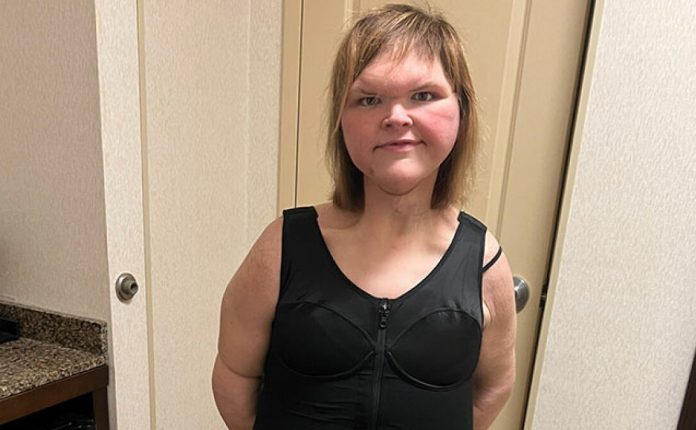
(© robtek – stock.adobe.com)
CHARLOTTESVILLE, Va. — Even though possessing and using “magic mushrooms” has been decriminalized by a number of cities and states, it doesn’t mean it’s still safe to consume to get high. This policy shift has led to a noticeable increase in psilocybin-related incidents among adolescents and young adults, according to a new study by researchers at the University of Virginia School of Medicine. The findings, which draws on data from the National Poison Data System, point to a significant rise in calls to poison centers involving psilocybin usage by teens and young adults between the years 2018 and 2022.
Before the decriminalization efforts that started in May 2019, the number of psilocybin-related calls had remained largely unchanged from 2013 to 2018. However, following the policy changes in places such as Oregon, Colorado, Washington, D.C., Detroit, and Seattle, there was a marked increase in these incidents. For teenagers 13 to 19, the calls more than tripled, jumping from 152 to 464. Among adults 20 to 25, the calls more than doubled, going from 125 to 294 in the same period.
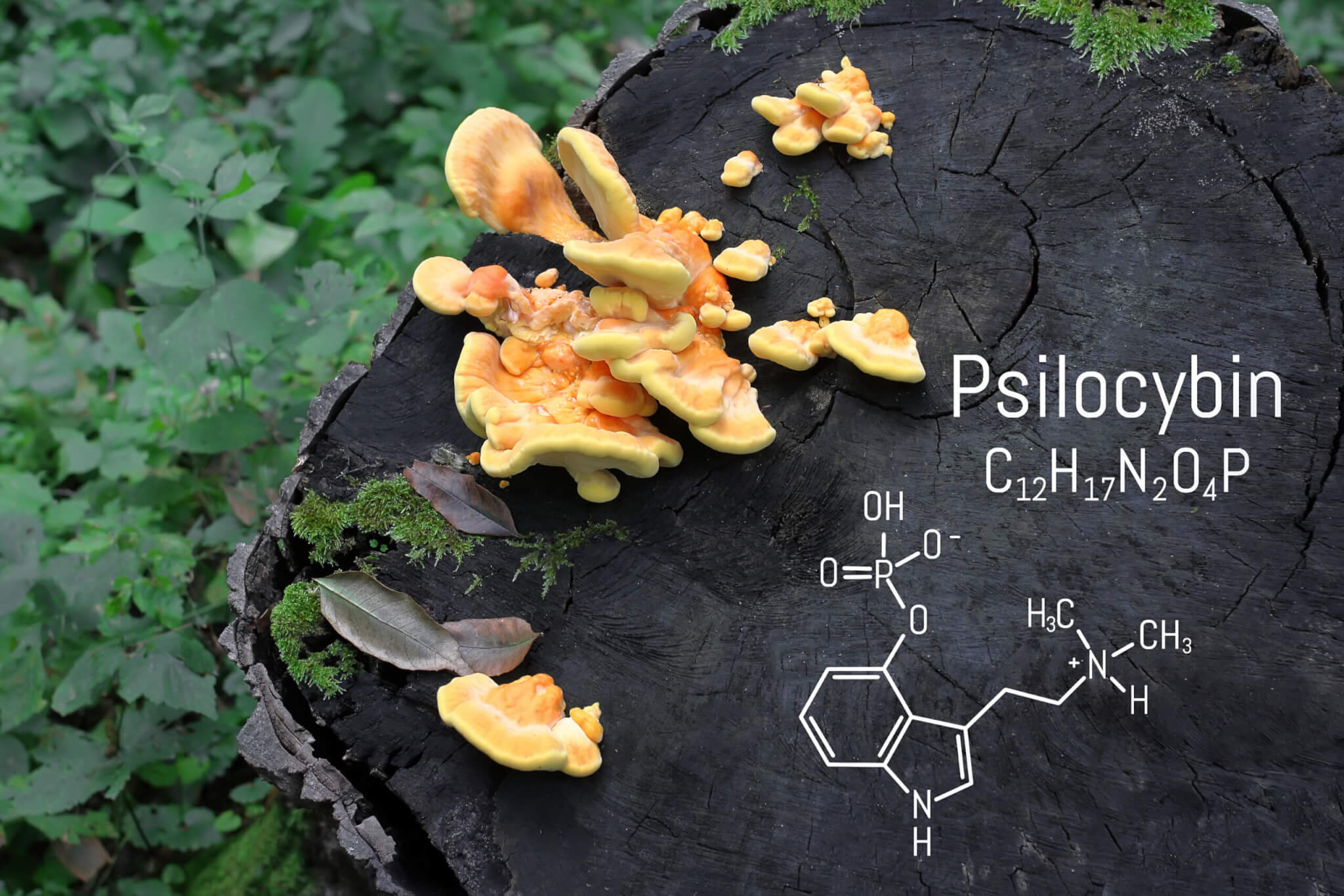
“It is markedly concerning to me that children are gaining access to these products,” says study author Dr. Christopher Holstege, director of UVA Health’s Blue Ridge Poison Center and chief of the Division of Medical Toxicology at the UVA School of Medicine, in a media release.
“We have limited data on the potential long-term consequences on the developing brains of children when exposed to such compounds that impact the brain’s neurotransmission. We also do not understand fully why some individuals have markedly adverse complications to psilocybin, known as ‘bad trips,’ that can lead to harm to the individual taking or others who may be victims of violent behavior.”
The study revealed that the majority of calls were due to intentional consumption, with males making up about 75 percent of these incidents. A significant portion of the affected individuals required medical attention after exposure to psilocybin, which can cause hallucinations, agitation, rapid heart rate, and confusion. The drug’s powerful psychological effects can also lead to anxiety, disorientation, and even more severe outcomes like accidents or self-harm.
Despite the legal changes, the use of psilocybin remains prohibited for those under 21 years-old in the decriminalized locations, a fact the researchers find “particularly alarming” given the rise in incidents among young people.
“As psilocybin may become more widely available, it is important for parents to be aware that psilocybin is also available in edible forms such as chocolate and gummies,” notes study author Dr. Rita Farah, an epidemiologist at the Blue Ridge Poison Center epidemiologist. “And we learned from our experience with edible cannabis that young children can mistake edibles for candy.”
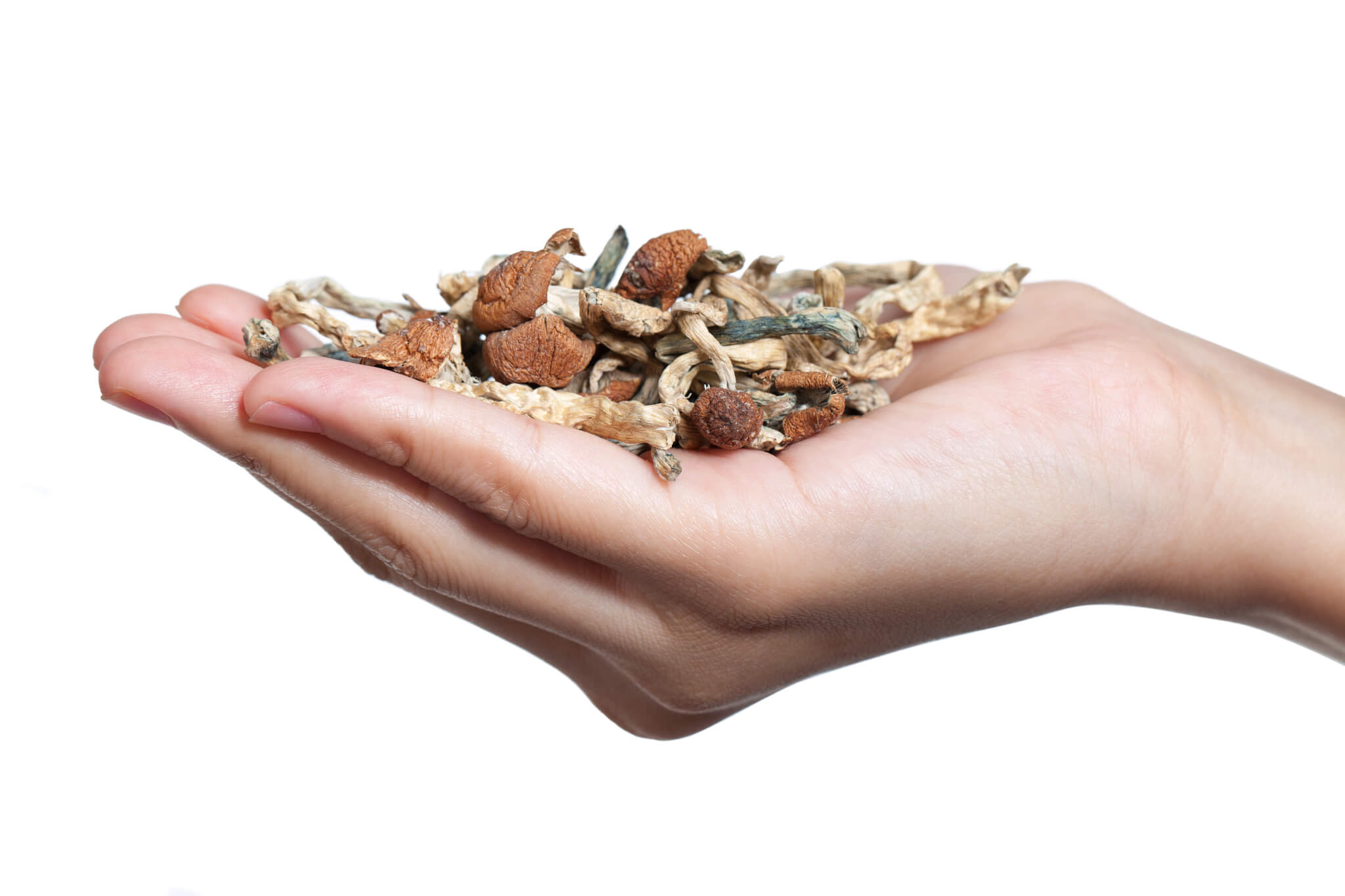
Medical professionals are underscoring the need for caution and education as psilocybin becomes more accessible. The Blue Ridge Poison Center urges anyone experiencing an adverse reaction to psilocybin or any other substance to seek immediate assistance by calling their 24-hour helpline at 800-222-1222.
This research not only highlights the immediate concerns associated with psilocybin use among young people but also raises questions about the long-term implications of drug decriminalization policies on public health.
The study is published in the Journal of Adolescent Health.
